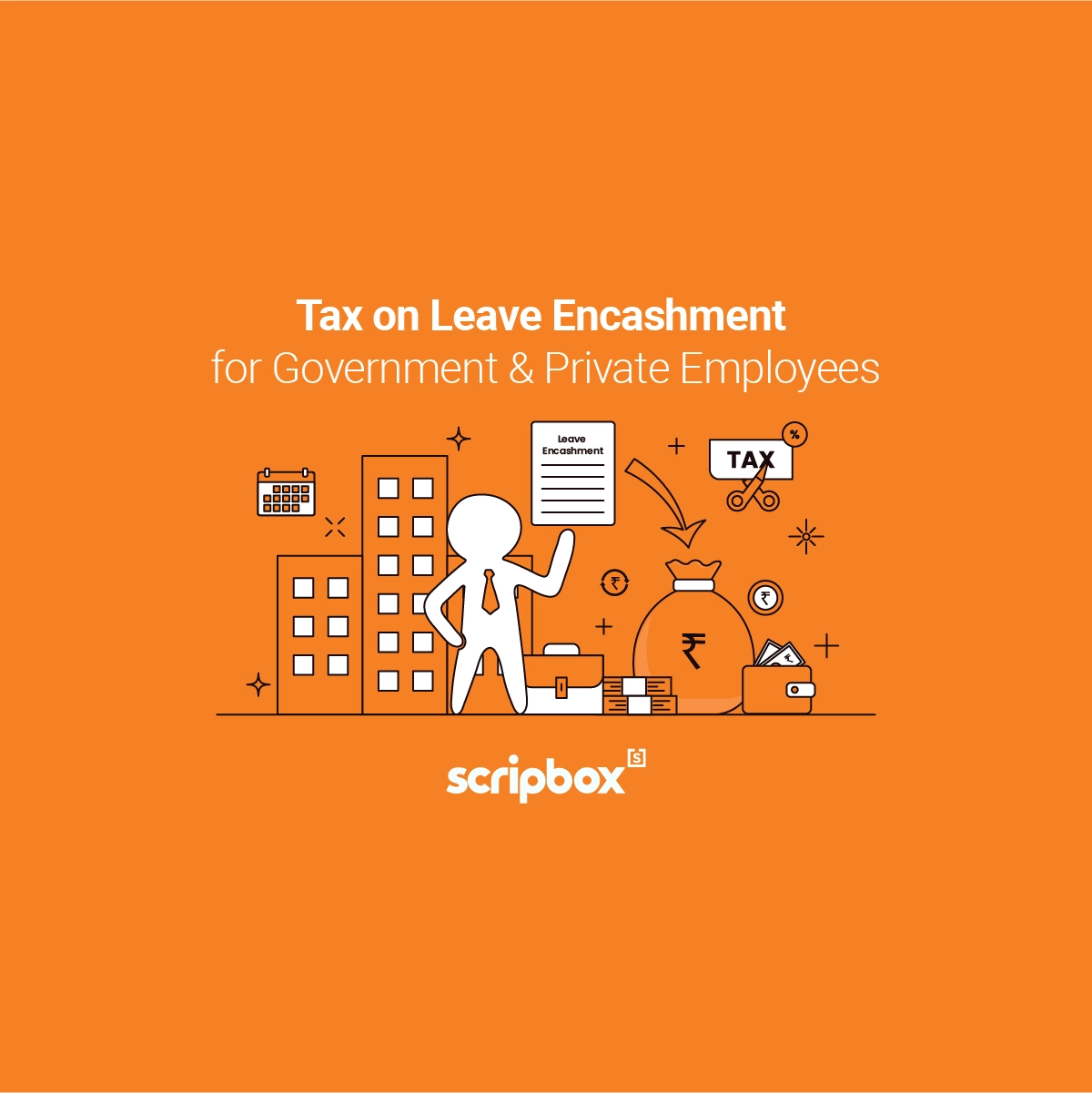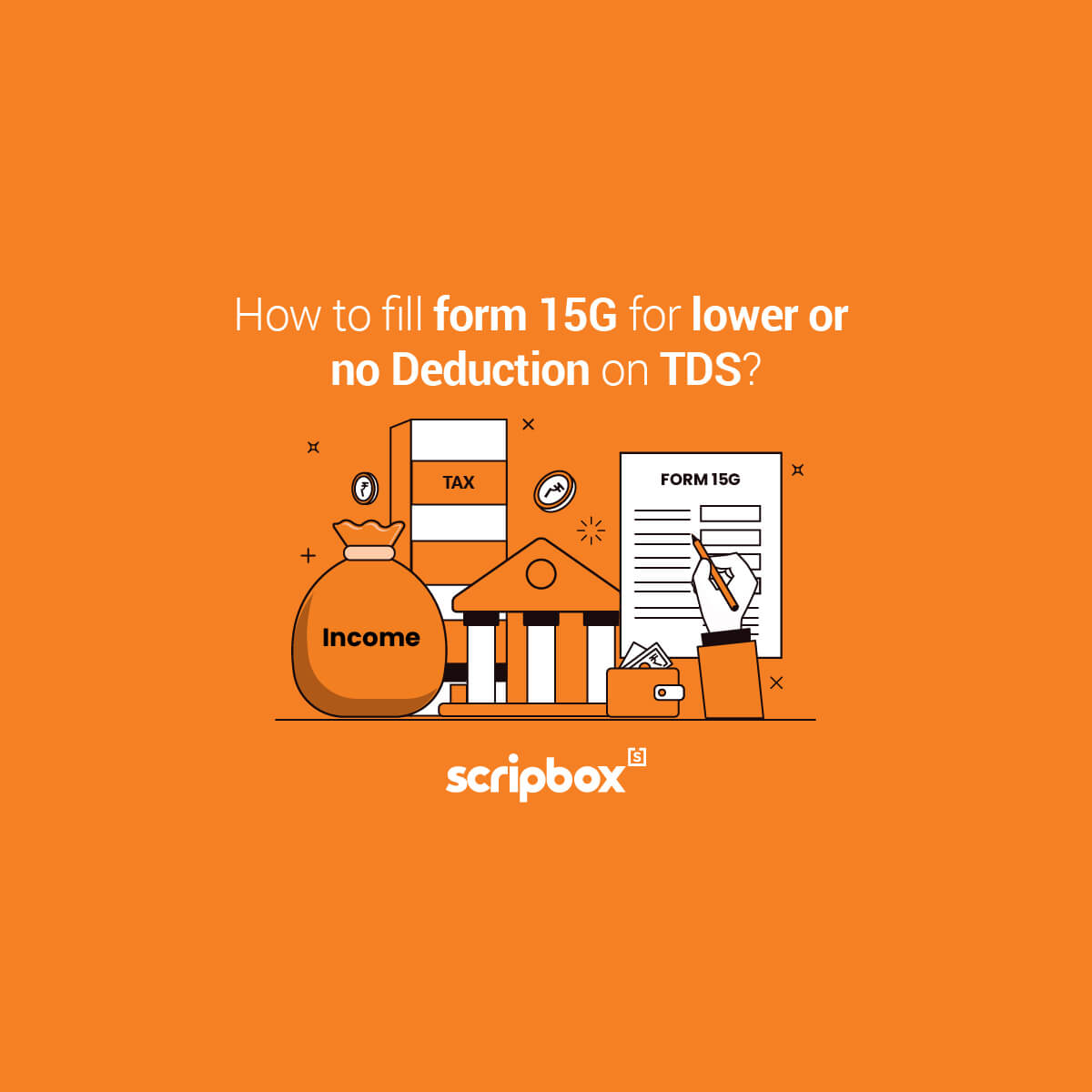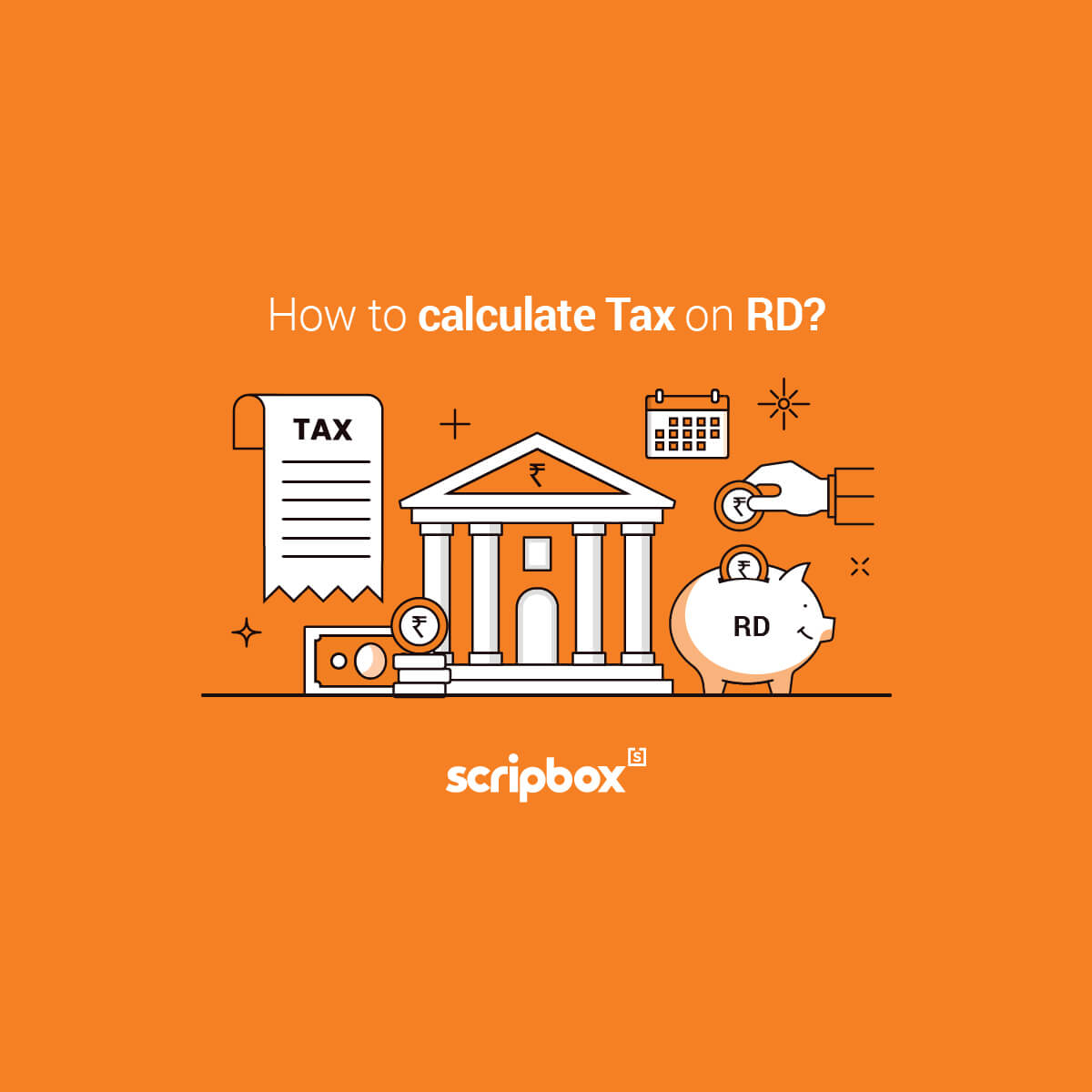A capital gain arising from the sale of a short term capital asset is a short term capital gain. The applicable tax on STCG is different for different assets. In the case of shares, a short term capital gain on shares arises when taxpayer sells shares within 12 or 24 months from the date of purchase. This holding period differs for listed as well as unlisted shares.
What are the Tax Rates on Short Term Capital Gains?
The following table shows short term capital gains tax on various assets:
| Capital Gain | On a sale of | Capital Gains Tax Rate |
| Short Term Capital Gain Tax | On a transfer of Listed equity shares Units equity-oriented funds Units of a business trust | Tax rate – 15% if STT is paid |
| Short Term Capital Gain Tax | Unlisted shares and securities Any asset other than mentioned above | The capital gain to be added to the gross total income and is taxed at a normal slab rate applicable to the assessee. |
You can calculate Short term capital gains as per the following format:
| Particulars | Amount |
| The full value of the consideration received | XX |
| Less: expenditure incurred in connection with such sale (brokerage) | XX |
| Net sale consideration (A) | XX |
| Less: cost of acquisition (B) | XX |
| Short-term capital gain (C=A-B) | XX |
Illustration on How to Calculate STCG on Shares
Aditi holds 1000 shares of Happy Private Limited which she had acquired in December 2020 at a cost of Rs. 1,00,000. She sold the shares in January 2021 at a price of Rs. 180 per share. She incurred a cost of Rs. 12,000 as well as transaction charges paid to the broker. The following table illustrates short term capital gains on the transaction:
| Particulars | Amount (Rs) |
| The full value of the consideration received (1000 shares @ Rs 180) | 1,80,000 |
| Less: expenditure incurred in connection with such sale (brokerage) | 12,000 |
| Net sale consideration (A) | 1,68,000 |
| Less: cost of acquisition(1000 shares @ Rs 100) (B) | 1,00,000 |
| Short-term capital gain (C=A-B) | 68,000 |
Since the holding period of the Aditi was 1 month, the capital gain calculated would be the short-term capital gain. The gain will be taxed at the slab rate and added to the total income of Aditi.
Applicability of Section 111A
Under Section 111A, short term capital gains are taxed at a concessional rate of 15% on the transfer of following
- An equity share in a company
- A unit of an equity-oriented fund
- A unit of a business trust
The taxpayer must meet the following two conditions in order to avail the benefit of the concessional rate:
- The transaction should be chargeable to Securities Transaction Tax
- The transaction should be entered into on or after 01.04.2004
Short-term capital gains arising on the sale of units of an equity-oriented mutual fund, units of a business trust, or an equity share on a recognised stock exchange located in an International Financial Service Centre (IFSC) would be taxable @15% even though the securities transaction tax is not leviable on such transactions.
Non Applicability of Section 111A
The provisions of section 111A are not applicable on the following assets:
- Short-term capital gains arising on the transfer of bonds, debentures, etc.
- Gains arising on the transfer of immovable property.
- Short-term capital gains arising on the transfer of debt-oriented mutual funds.
- Gains arising on the transfer of shares that are not listed on any recognised stock exchange.
Learn: What are Bonds?
Adjustment of STCG with Basic Exemption Limit
You can adjust the STCG with the basic exemption limit and lower your tax liability. If the total net taxable income is less than the basic exemption limit then you can adjust the STCG and LTCG on equity investments with the remaining basic limit.
For instance, you have a salary income of Rs 2,10,000 and income from other sources is Rs 50,000. The STCG on shares is Rs 1,80,000. You have invested Rs 1,50,000 in ELSS. Hence, your net taxable income without STCG is Rs 1,10,000 (Rs 2,10,000 + Rs 50,000 – Rs 1,50,000). The basic exemption limit applicable to you is Rs 2,50,000. Hence the unutilized or remaining basic exemption limit is Rs 1,40,000. Thus, the net taxable STCG will be Rs 40,000 (Rs 1,80,000 – Rs 1,40,000).
- The tax liability arises only if the sale results in a gain. If you incur a short term capital loss then no tax liability will arise. Moreover, you can set off the loss with LTCG.
- The tax is calculated on the net short term capital gain. To conclude, it is not applicable on the sale value of the shares.
- For effective tax planning, you can sell shares after 12 months. If you sell shares after 12 months then LTCG will arise. Moreover, LTCG on shares is tax exempt up to Rs 1 lakh.
- STCG is not applicable to bonds as well as debentures.
- Tax deduction under Section 80C till Section 80U is not applicable on short term capital gain on shares.
- While calculating the short term capital gain on shares make sure that you include all the shares sold during that financial year. The financial year starts on 1st April and ends on 31st March of the following year.
Frequently Asked Questions
No deduction under chapter VI-A can be availed in respect of short-term capital gains arising on the sale of equity shares or units of equity-oriented funds included in the total income of the assessee.
Indexation allows the taxpayer to adjust the cost of acquisition and improvement against the inflationary rise in the values. However, the benefit of indexation is allowed only in the case of long-term capital assets and not short-term capital assets. Thus the user cannot avail the indexation benefit in the case of short-term capital gains.
Capital losses can be set off only against capital gains. Thus, in the case of short-term capital loss, the set-off can be done only against either short-term or long-term capital gains.
Explore: Cost Inflation Index FY 2022-23























Show comments